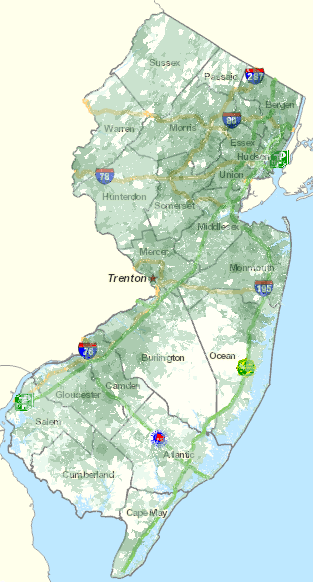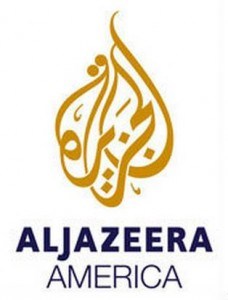 AT&T U-verse television customers: Al Jazeera America is coming soon to your television lineup whether you want the network or not.
AT&T U-verse television customers: Al Jazeera America is coming soon to your television lineup whether you want the network or not.
Just days after the final closedown of Current TV — purchased by Qatar-based Al Jazeera as a platform to launch Al Jazeera America, a new U.S. based news network — AT&T suddenly threw the network off its lineup.
Both companies accused each other of violating the contract. AT&T said it never signed on to carry Al Jazeera America, it signed a contract to carry Current TV. Al Jazeera said it bought Current TV and had an iron clad contract with AT&T to carry whatever programming came from the channel.
Whether called Current TV or Al Jazeera America, it wasn’t on AT&T’s lineup after launching last August. Al Jazeera promptly sued AT&T for violating its contract in its complaint: Al Jazeera America LLC v. AT&T Services Inc.
What made the case unusual is that Al Jazeera filed a confidential lawsuit in the Delaware Chancery Court. In most program disputes, the players are only too happy to supply the media with their respective sides, including copies of any legal complaints.
When the media requested a copy of Al Jazeera’s lawsuit, it arrived heavily redacted to a four line summary Bloomberg News called “nonsense.”
A group of five journalists and Bloomberg filed their own complaint with the court requesting to unseal details of the case, arguing if the Qatari news channel wanted to use the U.S. court system, it had to follow court procedure and respect America’s First Amendment.

Vice Chancellor Sam Glasscock III agreed with the journalists, ruling the American public was being kept in the dark about the case with redactions so severe, no one could learn about the disputed contract terms, much less read a complete description of the dispute.
Desperate to avoid having to make the case public, Al Jazeera quickly appealed Glasscock’s decision, but that appeal was dismissed by the Delaware Supreme Court last week as having been accepted improvidently.
That decision appears to have rung alarm bells back in Qatar and Al Jazeera’s owners announced it would drop the case completely after reaching a quick settlement with AT&T. They claimed their actions would wipe the public record clean of the lawsuit, erasing the complaint and related papers from the public record and preventing Bloomberg and other journalists from getting access to the lawsuit.
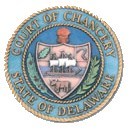 Despite the court order to unseal the lawsuit, the Delaware Court of Chancery granted a 10-day stay to allow the parties to finish their settlement and seek an order to expunge the record of the lawsuit.
Despite the court order to unseal the lawsuit, the Delaware Court of Chancery granted a 10-day stay to allow the parties to finish their settlement and seek an order to expunge the record of the lawsuit.
That brought a hostile response from the journalists. David Finger, a lawyer for some of the media challengers, said Al Jazeera’s argument around the unsealing order “lacks any basis in law.”
“If the complaint was improperly filed under seal (as this court has already found), the public had the right to review the complaint at the moment of filing,” Finger’s letter states. “That right cannot be taken away retroactively.”
Finger also argued the right to public access is not squelched because an action is close to settlement and the Chancery Court has rejected arguments to the contrary in past cases.
The strenuous objections from Al Jazeera are only bringing more attention to the case. AT&T has decided to steer clear of the controversy, only stating it had reached an agreement in principle to add Al Jazeera America to the U-verse lineup.


 Subscribe
Subscribe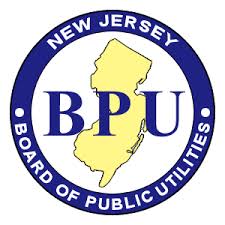 The New Jersey Board of Public Utilities today
The New Jersey Board of Public Utilities today  New Jersey’s Board of Public Utilities received more than 460 identical e-mails urging the regulator to approve Verizon’s proposed settlement permitting it to renege on broadband expansion commitments that would have brought high-speed Internet to every citizen in the state that wanted it.
New Jersey’s Board of Public Utilities received more than 460 identical e-mails urging the regulator to approve Verizon’s proposed settlement permitting it to renege on broadband expansion commitments that would have brought high-speed Internet to every citizen in the state that wanted it. “I hope you are doing well. I have a favor to ask,” one e-mail read. “I’m working on a project for our client, Verizon, and they need some signatures to an online petition. Verizon wants to expand its offerings in New Jersey, but needs approval from the state. Higher-speed Internet, more FiOS, etc.”
“I hope you are doing well. I have a favor to ask,” one e-mail read. “I’m working on a project for our client, Verizon, and they need some signatures to an online petition. Verizon wants to expand its offerings in New Jersey, but needs approval from the state. Higher-speed Internet, more FiOS, etc.”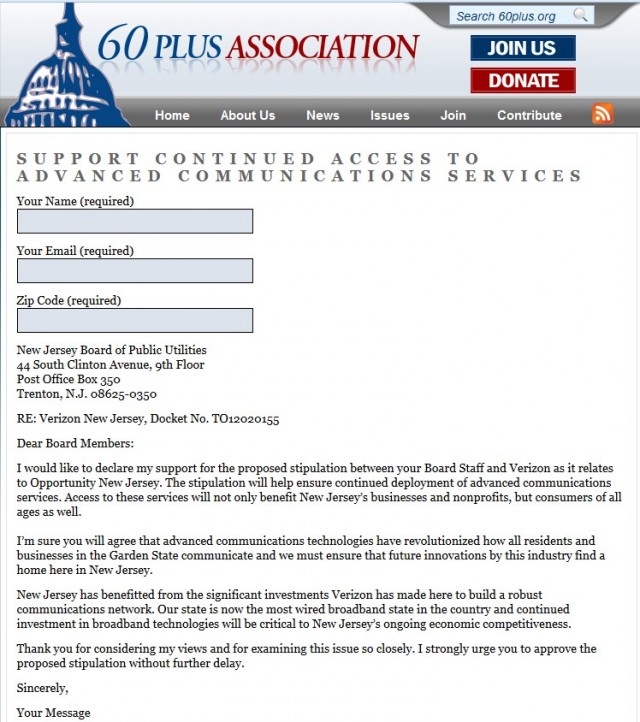
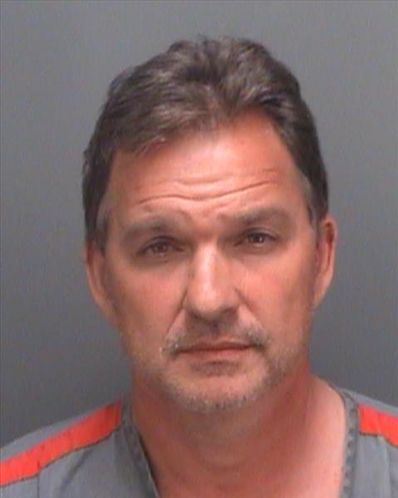
 The case illustrated several ostensibly-independent companies were created to market service across Alabama, Arkansas, Florida, Georgia, Indiana, Kansas, Kentucky, Louisiana, Michigan, Mississippi, Missouri, North Carolina, Ohio, Oklahoma, South Carolina, Tennessee, Texas, and Wisconsin. Many had ties back to AMTS management. Despite the Florida settlement, the firms continued to do business in multiple states. Many of the states involved have deregulated the telephone business and have cut staff at state agencies tasked with oversight issues.
The case illustrated several ostensibly-independent companies were created to market service across Alabama, Arkansas, Florida, Georgia, Indiana, Kansas, Kentucky, Louisiana, Michigan, Mississippi, Missouri, North Carolina, Ohio, Oklahoma, South Carolina, Tennessee, Texas, and Wisconsin. Many had ties back to AMTS management. Despite the Florida settlement, the firms continued to do business in multiple states. Many of the states involved have deregulated the telephone business and have cut staff at state agencies tasked with oversight issues. Last week, government agents seized the vehicles from Biddix’s Melbourne-based pawn shop, Outdoor Gun and Pawn.
Last week, government agents seized the vehicles from Biddix’s Melbourne-based pawn shop, Outdoor Gun and Pawn.
 Verizon has been upset with the tone and accuracy of many New Jersey residents who have written the state’s Board of Public Utilities urging them to reject a settlement offer than would allow Verizon to walk away from its commitment to deliver high-speed broadband to 100% of the state.
Verizon has been upset with the tone and accuracy of many New Jersey residents who have written the state’s Board of Public Utilities urging them to reject a settlement offer than would allow Verizon to walk away from its commitment to deliver high-speed broadband to 100% of the state.